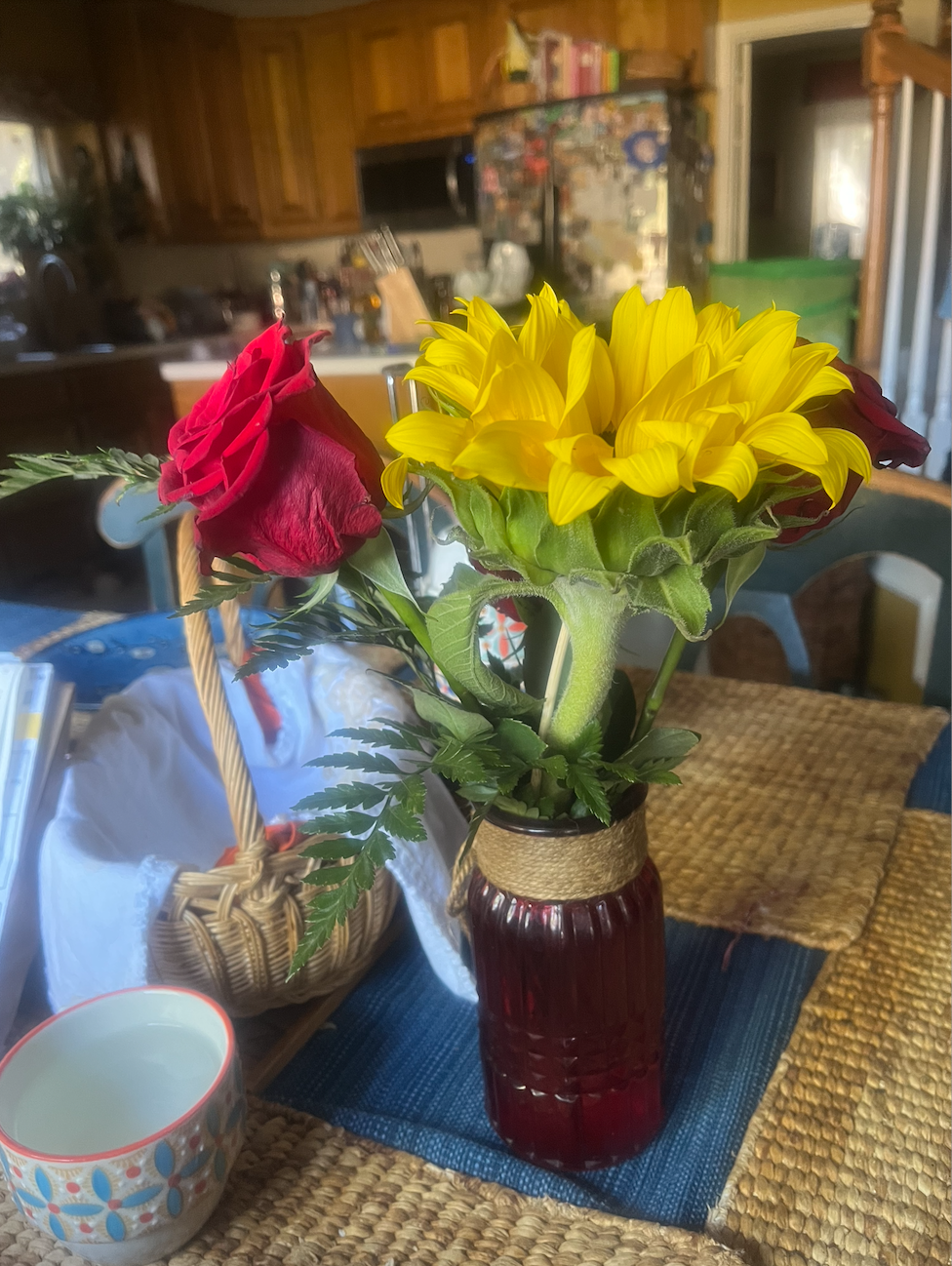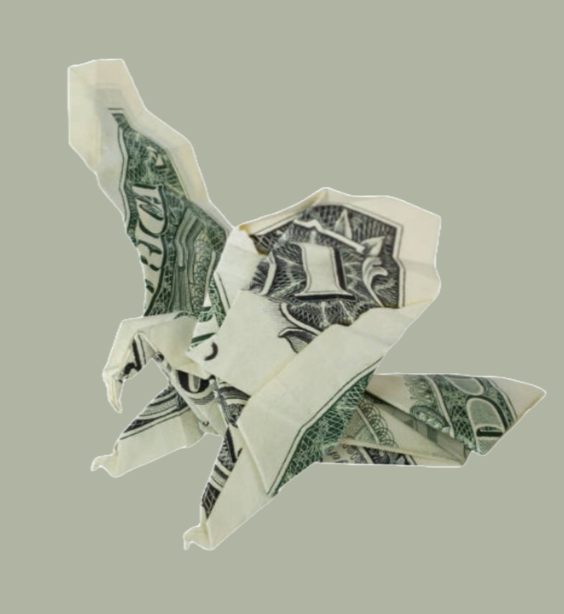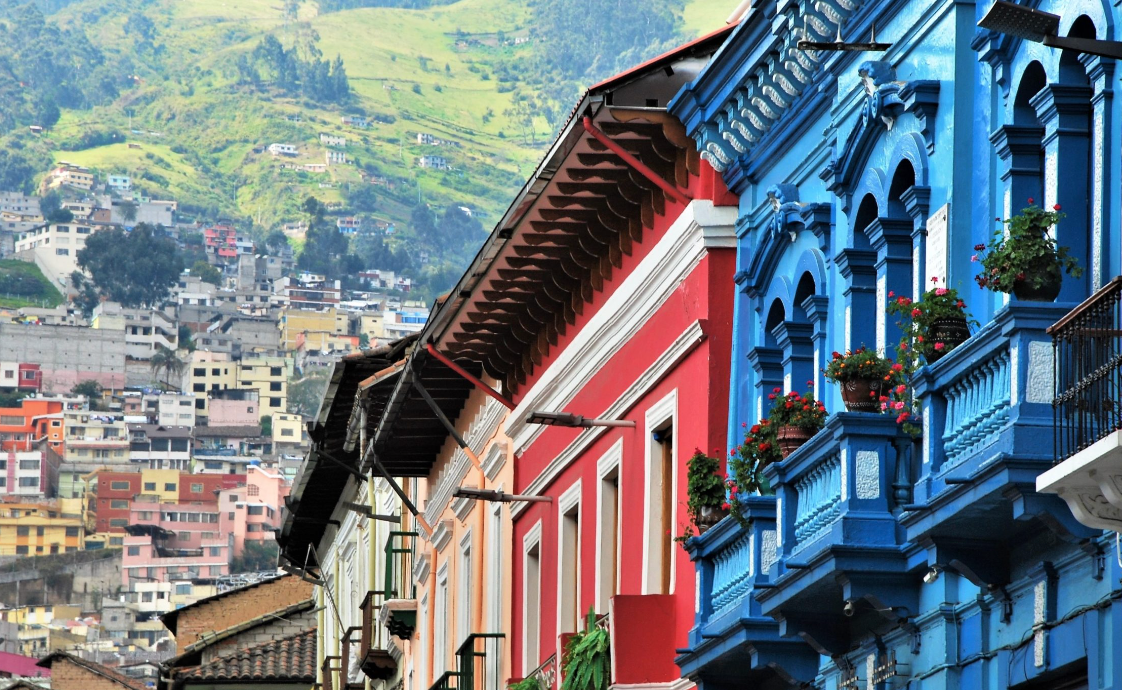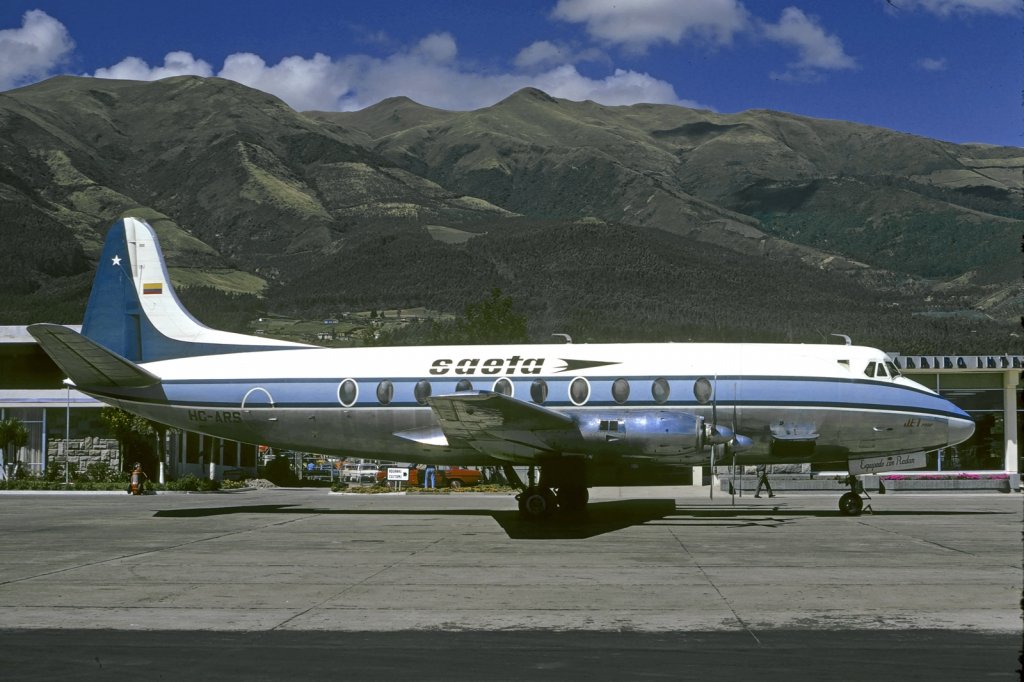Pale Green Bird
The woman selling flowers on the street had gold teeth, both canines brilliant and sparkling––a growling sort of luster that was both beautiful and menacing. Before she smiled her surprising toothy grin, she looked like any other windshield-wiping, change-collecting, side-of-the-road swindler. Before her toothy grin, it was not her who stood out, but the small bundles of bright red roses and sunflowers her hands choked for sale. From afar, the yellow flower’s petals were outstretched in beautiful worship of the Sun, the roses adorning the periphery of her ritual with a subtle sweetness. My mamá beckoned the woman close, and she showed her dazzling gold smile to us. She stated that the sale of each bouquet was 20 dollars. I would not have protested the beautiful woman at the HEB intersection on the side of the road, but my mamá did. A futile effort, for the beautiful woman, was unbudging.
Once we passed that intersection on our homeward path, máma said, “My money flies when I carry cash.” Money flies: I imagine a pale green bird with the faces of many a founding father on its great big wings. I imagine he––the wonderful bird––would have the pyramid symbol of the dollar bill on his puffed-up chest. I imagine the piercing eyes he would use to stare into many a man’s soul in all his majestic beauty. My Papi is always worried about our survival on this Earth with this paper called money, but what of this sky-dwelling image of money that is beak-like––flying––bird? Would this creature still peck at our heads, and our minds, and our thoughts with worry? Would we still wish to save sums, while wishing more to own the green-winged majesty in cages we call banks––the enclosure, a prison for the bird called money? I wonder where all these pecking money thoughts will go when the caged bird dies its lonely death and, he finally escapes our greedy clutches.
I wonder this while I also wish that I could look more like the beautiful woman who sold us these yellow-red flowers. This woman looks like the home my family escaped when I was two years old. That was when we flew in a mechanical bird, packed like sardines in the belly of her body. We flew with her away from this home called Ecuador, towards a different and foreign land. We flew away from Ecuador before I could remember or memorize its mountains and beaches and forests and archipelagos, which we fled with the mechanical bird. But now, I have seen Ecuador here in the beautiful face of the woman who sold us flowers. Her dark-skinned features which are small, strong, and lean are the features of the now-dead Inca Empire. She looks like an unconquered Ecuador, but I do not.
I remember once, a friend told me I was unplaceable. I had a face that did not belong to a place. I was maybe Latina, maybe Indian, maybe Arab. I wish my face were more placeable, more specific, and that it told a story of the place I come from, although, I do not know that place very well.
Perhaps it is that I wish to be more legible, like the beautiful woman with indigenous features. I wish I were read in a way where you would know me if you saw me––you would know where I come from and you would know of my origins––but how can this be when it is so difficult for me to know myself? I must admit that I do not know my own origins, and I do not know myself. Every time I look at the yellow-red bouquet that sits at the table where my family eats, I am reminded of a beautiful woman, and I am reminded of her beauty which feels like a home I have lost.
